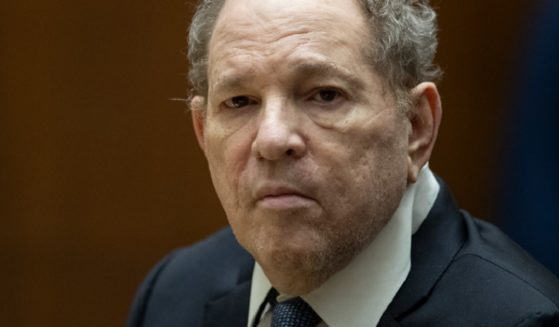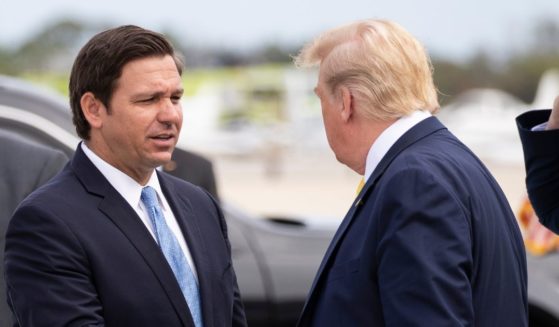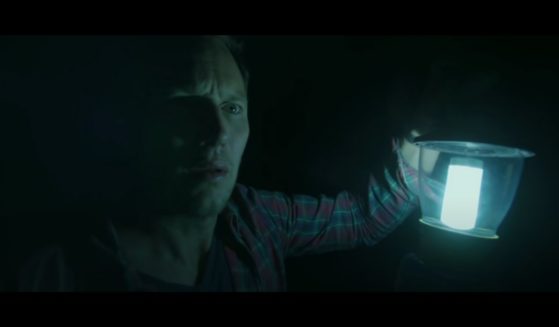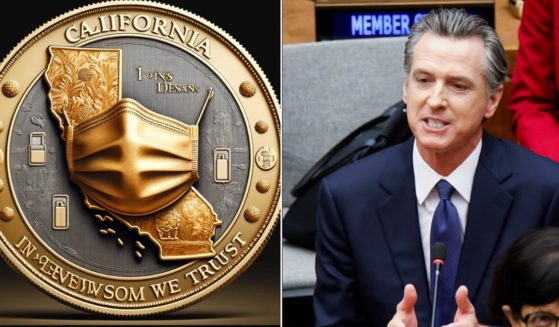IRS Plans to Close Loophole, Collect Tens of Billions Dollars in Additional Tax Revenue
“Tax the Rich” could become the new slogan of the Internal Revenue Service as the federal agency targets “large, complex partnerships” in the coming years.
The “tax the rich” phrase, which drew a lot of mocking comments after New York Democratic Rep. Alexandria Ocasio-Cortez flaunted it on a dress she wore to the 2021 Met Gala, could actually be viewed as a mandate as the IRS zeroes in on known loopholes, according to The Hill.
The end result could be tens of billions of additional dollars going into Uncle Sam’s pockets.
The move is a recommendation of a July 27 report by the U.S. Government Accountability Office, an agency The Hill describes as “the government’s internal watchdog.”
The report recommended that the IRS focus on large partnerships, which exploded in number by 600 percent between 2002 and 2019.
These large partnerships — defined as organizations with more than $100 million in assets and 100 or more partners — have allowed businesses to pass income and losses on to their partners, rather than being taxed as corporations.
During roughly the same time period that large partnerships were increasing in number, audits of such organizations drastically dropped off, to the point that, in 2019, only 54 out of more than 20,000 such entities were subjected to additional IRS scrutiny, the GAO reported.
And even those relatively few audits have yielded a few extra tax dollars for the IRS to collect, according to the GAO.
“More than 80 percent of the audits resulted in no change to the return on average from tax years 2010 to 2018, double the rate of large corporate audits,” the office reported. “For those that did change, the average adjustment was negative $264,000.”
The reason those audits were so few and unproductive — at least, from an auditor’s point of view — is twofold.
Part of the blame lies in the complexity of the companies’ structure.
“These companies can be hidden within other partnerships in networked or circular structures, making them very complex for auditors at the tax agency to sift through, which has led to declining audit rates,” the Epoch Times reported.
The Hill described them as “so complex they can resemble a tangle of spiderwebs or pieces of Byzantine jewelry. This makes it difficult to audit them, as evidenced by atrophying audit rates.”
Those challenges left the IRS audit rate of large partnerships at 0.27 percent in 2019 — less, even, than the audit rate for people making $25,000 or less — essentially, those living at or below the poverty level.
The other auditing challenge was what the IRS blamed on “resource constraints,” the GAO reported.
To remedy that, last year’s Inflation Reduction Act designated $45.6 billion for “enforcement activities through the end of fiscal year 2031.” That amount was whittled down slightly, by $1.4 billion, in a budget deal this year, the GAO reported.
Since then, the government evidently intends to make large partnerships “an enforcement priority.”
Charles Rettig, a former IRS commissioner, told The Hill that the gross “tax gap” — the amount these businesses owe in taxes but the IRS fails to collect — was about $500 billion from 2014 to 2016, but could be as much as $1 trillion for 2022.
A Treasury Department report said that is about to change. “The IRS will hire experienced accountants, data analysts, and legal experts to ramp up enforcement at the top and ensure wealthy individuals, large corporations, and big partnerships pay the taxes they owe,” the report promised.
Truth and Accuracy
We are committed to truth and accuracy in all of our journalism. Read our editorial standards.












